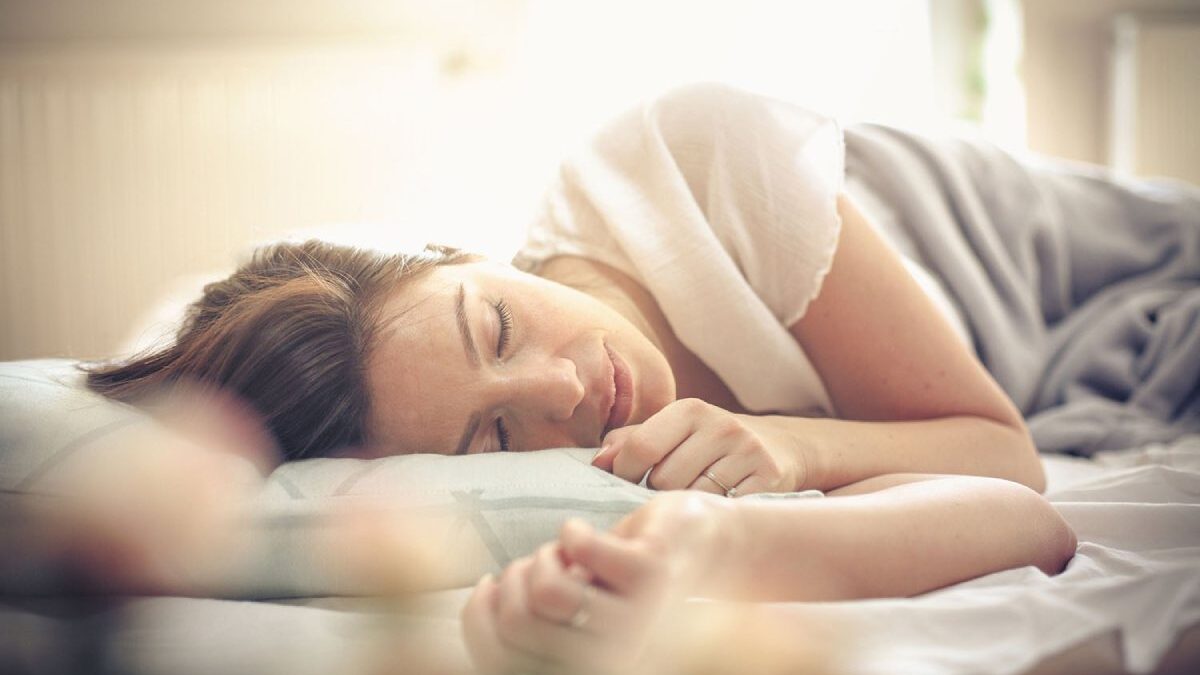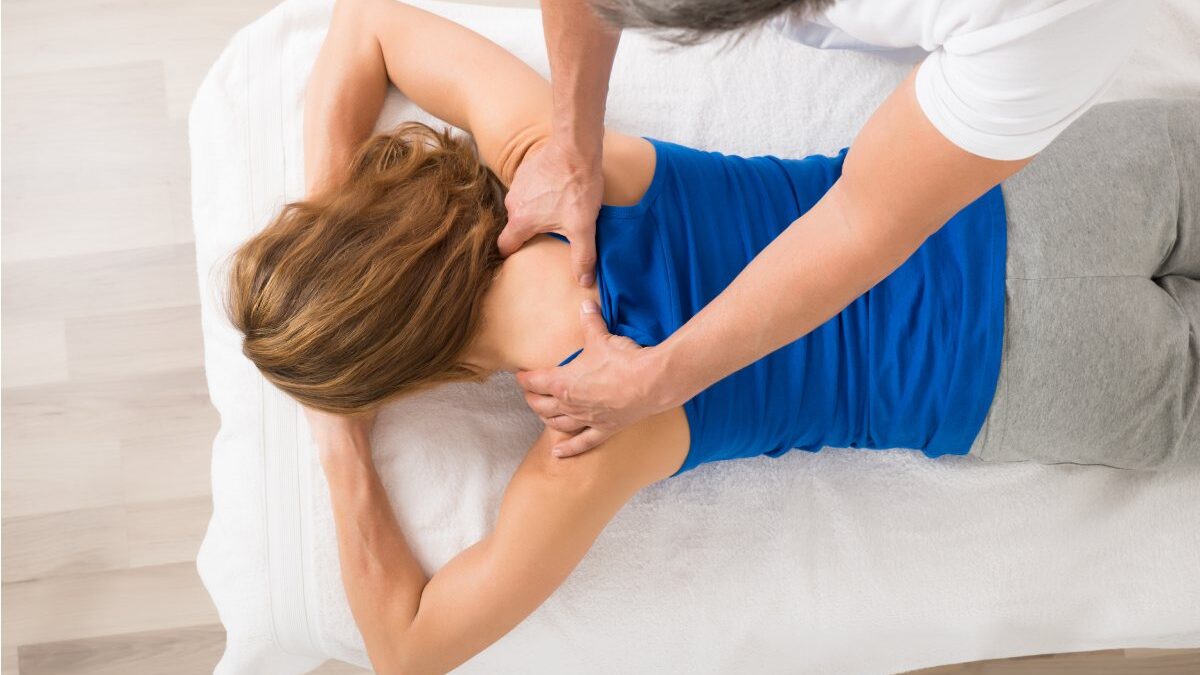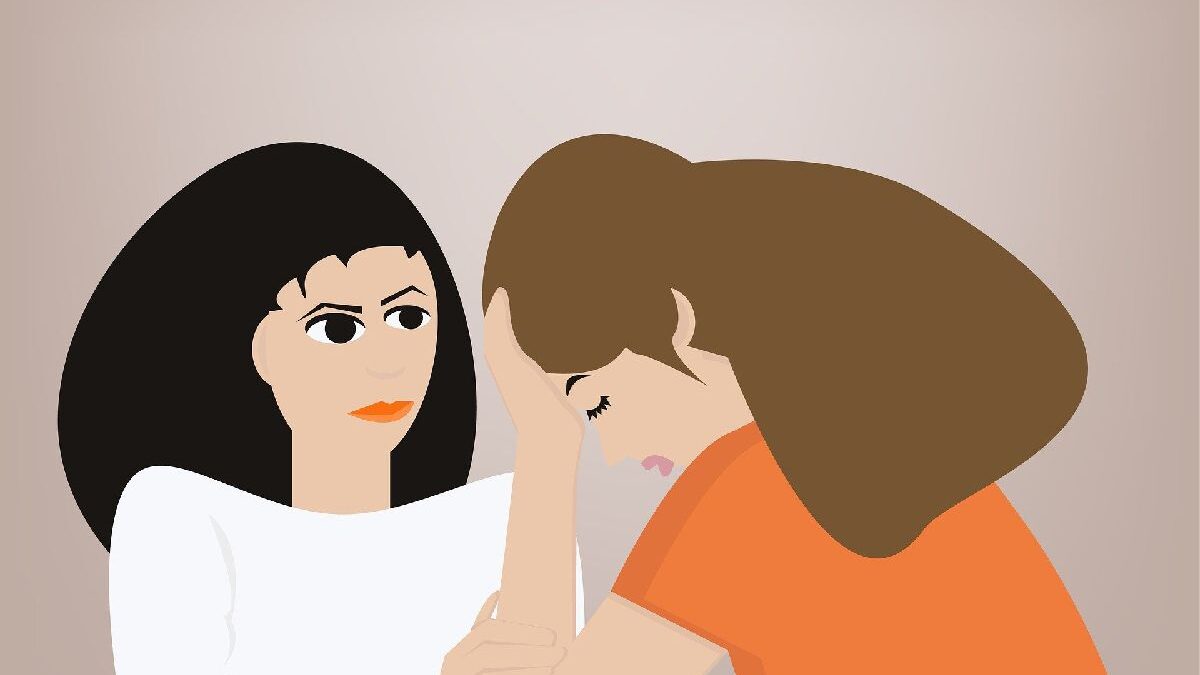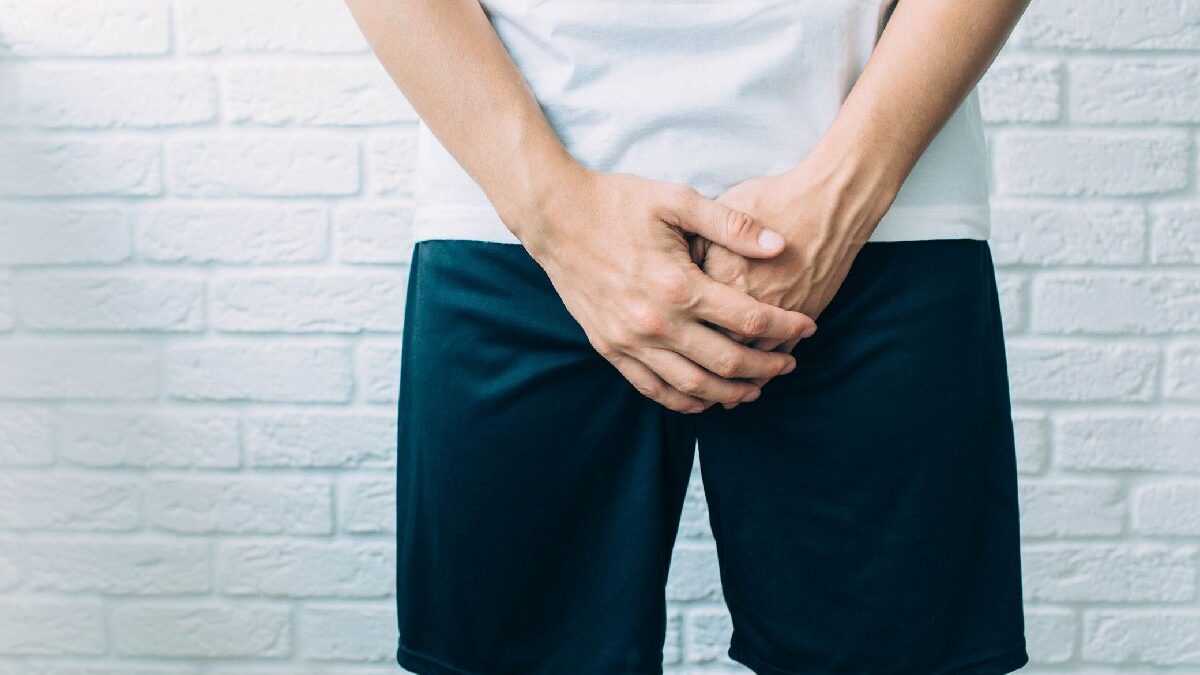
You probably consider sleep to be a time of rest and renewal. Have you ever thought about what happens when you sleep at night?
It is possible to gain more knowledge about your sleep cycle by studying it. This is a non-invasive method that can be used to determine the root cause of sleep problems.
If you are curious to know what happens in a sleep study, read on!
How does a sleeping study work?
The most accurate way to diagnose sleep problems is through a sleeping study. You do not need to sleep for this test, despite the name! You can do a sleep test at any time, day or night.
This test is designed to measure your brainwaves both awake and asleep. Your brain activity is normal during waking hours. However, when you go to sleep, the activity changes drastically. These changes will be compared to your medical history and sleep apnea or other disorders.
This procedure is performed in a special room equipped with equipment that measures brain activity, breathing and heart rate. Sensors will be attached to you throughout the night. Some facilities measure oxygen levels in blood and muscle tone of your chest wall.
A tube will be placed in your nose and connected to a machine which measures airflow during sleep. Video monitors are used by many facilities to observe the breathing and movement patterns of patients during sleep.
Why do you need a sleep study?
Sleep studies can be used to identify the cause of your fatigue. It could be that you need to sleep more or less. It is possible that you are not getting enough oxygen when you sleep. Only a sleep study can tell you for sure.
Sleep studies are often conducted for the following reasons:
- Sleep Apnea – It is a condition where you have difficulty breathing while sleeping and wake up gasping. This can be caused by allergies or other medical conditions. Weight gain and obesity can also cause sleep apnea, as they put pressure on the airway.
- Restless Legs Syndrome:A patient with this syndrome feels a strong urge to move his legs while lying down or sitting for long periods. It can lead to difficulty sleeping because of the constant movement during the night. You may also wake up with sore muscles after sitting for too long.
- Narcolepsy :A narcoleptic person has episodes of uncontrollable sleepiness at random times during the day, even while driving. Stress or boredom are common triggers for these episodes.
How should you prepare for the Sleep Study?
Preparation for a sleep study is very simple. You will usually be given specific instructions by the doctor and told what to do prior to the test. Follow these instructions closely.
If you’re prescribed any medication before the test, make sure you follow your doctor’s instructions. If you’re told to abstain from caffeine and alcohol for 24 hours prior to the procedure, follow through. You may be asked by your doctor to only eat certain foods or not at all the day before the procedure.
Follow the instructions exactly. You should contact your doctor for advice on whether or not it is safe to undergo a sleep test.












